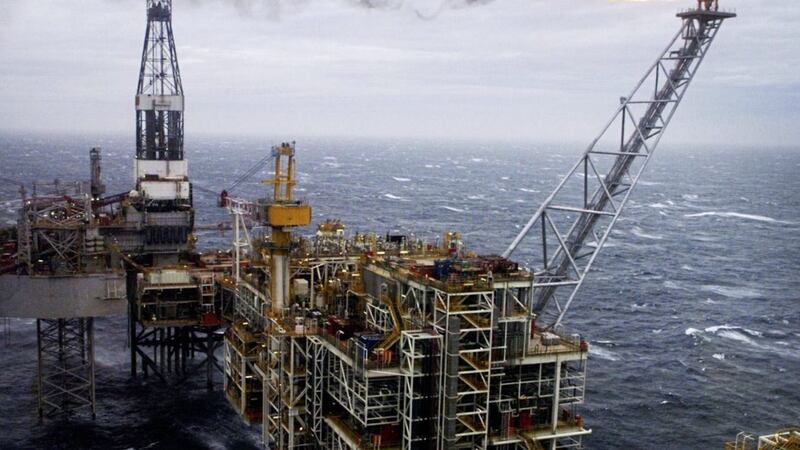THE stock market has performed well this year, hitting new peaks and now trading around 7500, having risen 4.6 per cent since January 1. There's no guarantee, of course, that all sectors will rise at the same pace (it would be highly unusual if they did).
And one of the largest and most high profile sectors which has been lagging the market markedly this year is oil. Since the start of the year Royal Dutch Shell B shares are down 7.4 per cent and BP shares are 7.2 per cent lower.
There's been a decline in the US dollar over the course of the year and most particularly over recent days as fears grow about the possibility of Donald Trump's impeachment has surfaced, throwing doubt on his economic policies being put into place in the short term.
Global stockpiles of oil hit an all-time high at the end of the first quarter of this year largely due to a marked step-up in US imports and increased maintenance outage of northern hemisphere refineries. Fears remain that markets are oversupplied despite efforts by both Saudi Arabia and Russia to rebalance the market.
There is a meeting of OPEC this week, which will aim to extend the production cuts agreed last year, but it is far from clear whether this will have the desired effect. The supply cuts have boosted prices over the past six months. Brent crude has been above $50 a barrel for most of this time, but this has also had the effect of acting as an incentive for the US shale gas producers.
The two major UK oil stocks have long paid generous dividends. Royal Dutch Shell shares have a massive 7.7 per cent yield and BP is not far behind with 6.87 per cent. The sustainability of such premium yields is questionable, given that the market yield is a much more modest 3.68 per cent. But it appears to be a priority to maintain the dividends, although it is a situation which cannot continue indefinitely.
There has also been quite a lot of activity in the oil services sector recently. After a prolonged period of under-performance, there was some comfort for Amec Foster Wheeler shareholders when the group agreed a deal with Wood Group. Less welcome is the news that Petrofac is being investigated by the Serious Fraud Office, which resulted in a sharp fall in its share price.
It is difficult to see the way ahead for this important sector. There is clearly a swing towards lower-risk options, M&A, near-field exploration and exploitation of confirmed discoveries.
While this is positive for the long term, such increased prudence should shore up industry balance sheets and improve prices over the long haul, the short-term uncertainty about the dividends being sustainable is ever-present and this could weigh heavily on the shares for now. There is, then, no sign of an early recovery in the oil sector as uncertainties abound.
:: Cathy Dixon is a director at the Belfast office of Cunningham Coates Stockbrokers, a trading name of Smith & Williamson Investment Management (SWIM). This article does not constitute a recommendation to buy or sell investments and the value of any shares may fall as well as rise. Investments carry risk and investors may not receive back the amount invested. The views expressed are those of the author and not necessarily of SWIM.







